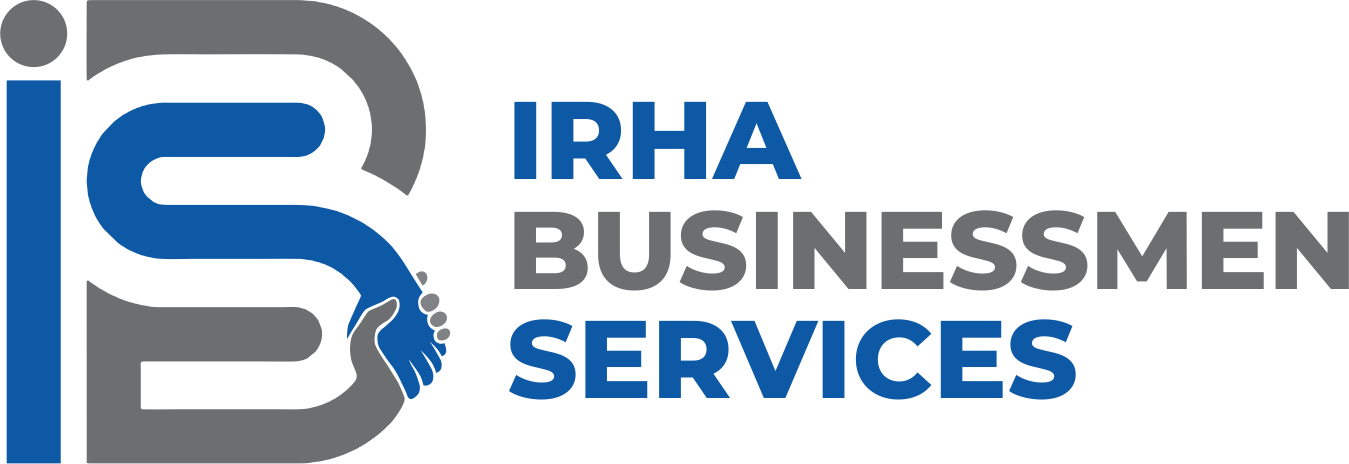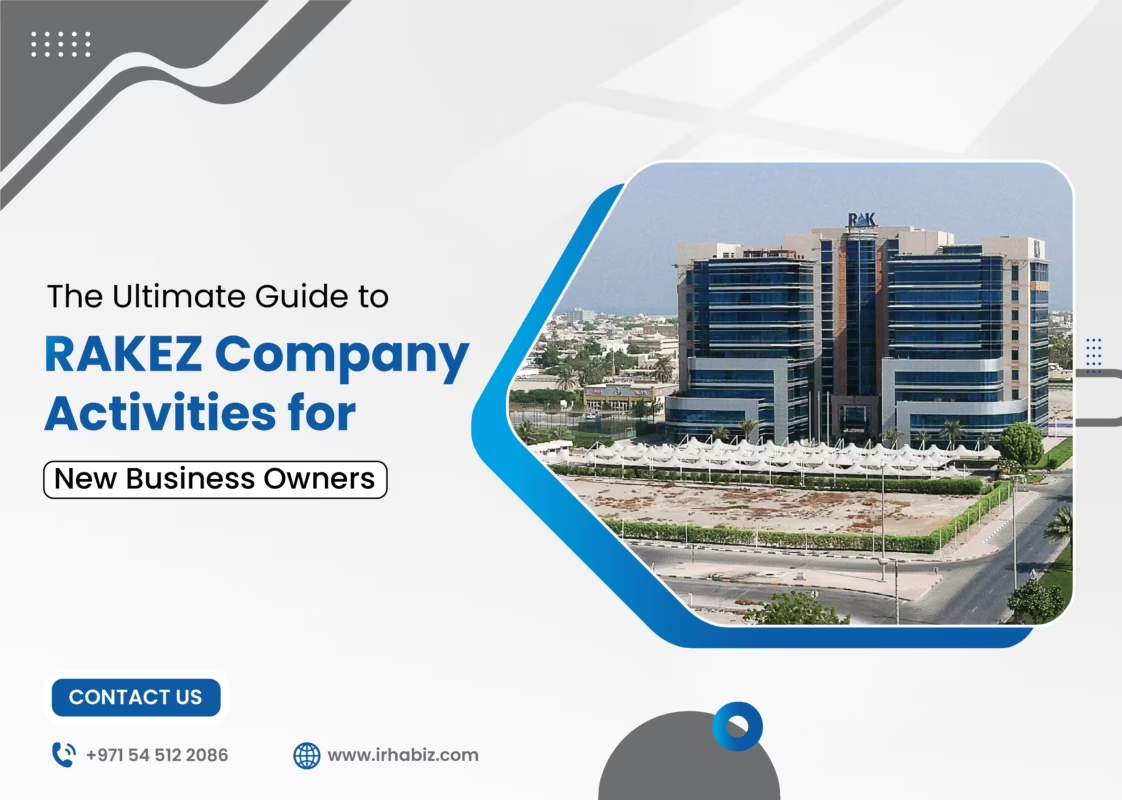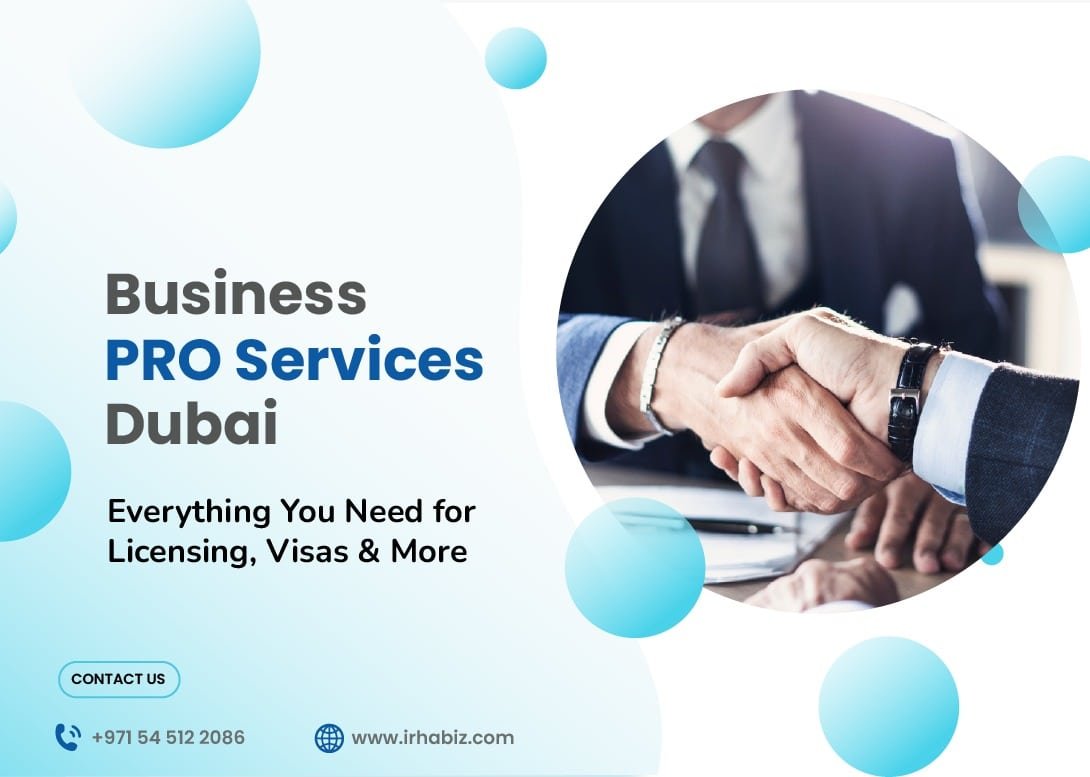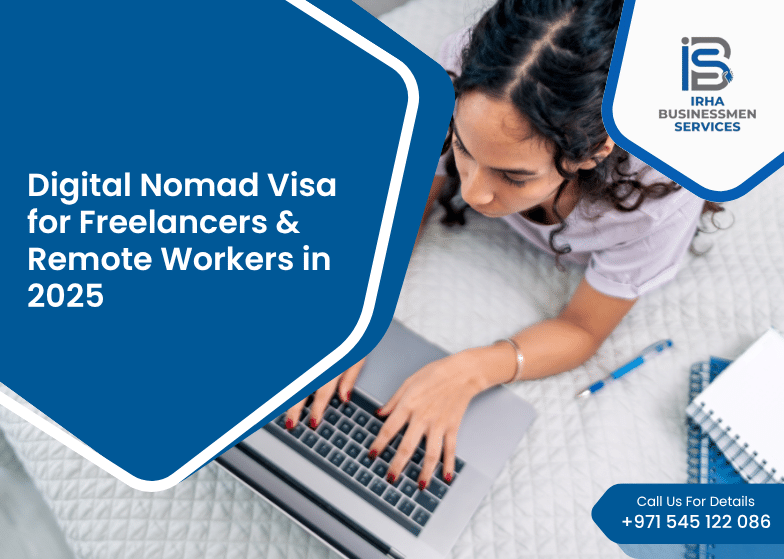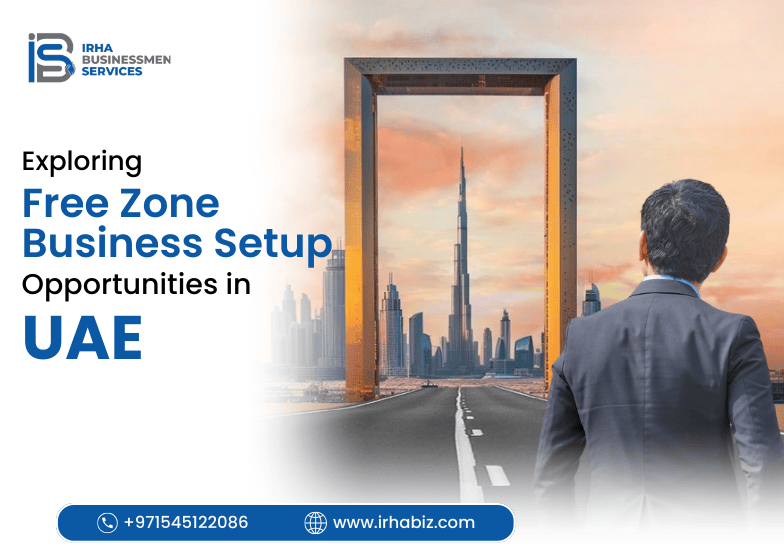The Ultimate Guide to RAKEZ Company Activities 2025
The Ultimate Guide to RAKEZ Company Activities for New Business Owners Starting a business in the UAE can be an exciting and rewarding experience. Among the many options available, RAKEZ (Ras Al Khaimah Economic Zone) stands out as one of the best places to establish your company. Before you begin, it’s important to understand the different RAKEZ company activities, as these determine what your business can legally operate and offer. In this guide, we’ll walk you through the RAKEZ Free Zone business activities in simple, easy-to-understand language, helping you choose the right category for your goals and get started with confidence. What Are RAKEZ Company Activities? RAKEZ company activities refer to the various business operations permitted under your free zone license. They directly influence the kind of RAKEZ license types you will get, the approvals required, and your eligibility for visas. Your choice of activities determines how your business is categorized and operated within the zone, making it a foundational aspect of your RAKEZ business setup. Why Choosing the Right RAKEZ Company Activities Matters Choosing the correct activities is vital for several reasons: It ensures compliance with RAKEZ business rules. It determines your eligibility for different RAKEZ license types like commercial, professional, or industrial licenses. It affects the facilities you can access and the number of visas you can apply for during RAKEZ business setup. Choosing the wrong activities can lead to costly delays and legal issues. RAKEZ Business Activities Overview 2025 RAKEZ provides a comprehensive range of business activities, allowing investors to select the structure that perfectly matches their business objectives. Below are the main categories and examples of the most in-demand activities under each: 1. Commercial / Trading Activities This category involves the buying, selling, and distribution of goods within the UAE or globally. Popular trading activities include: General Trading Import and Export of Products Building Materials Trading Food and Beverage Trading Electrical Equipment Trading Automotive Spare Parts Trading Medical and Laboratory Equipment Trading Fashion, Apparel, and Accessories Trading Electronics and Gadgets Trading Jewellery and Watches Trading Beauty and Personal Care Products Trading Toys and Baby Items Trading Home Appliances Trading Chemicals and Industrial Supplies Trading Raw Materials Trading 2. Service / Consultancy Activities This covers businesses that provide professional expertise and advisory services. Common activities include: Business Consultancy Information Technology Services Marketing and Advertising Consultancy HR and Recruitment Solutions Accounting and Bookkeeping Services Project Management Consultancy Legal Advisory Services Engineering and Technical Consultancy Financial and Investment Advisory Event Planning and Management Tourism and Travel Consultancy Facility Management Services Real Estate Consultancy Management and Strategy Consulting Translation and Language Services 3. Industrial / Manufacturing Activities These activities focus on production, assembly, and light manufacturing. Some examples include: Food and Beverage Production Furniture Manufacturing Packaging and Labeling Garments and Textile Production Plastic and Rubber Product Manufacturing Printing and Publishing Building Material Manufacturing Electronic and Light Equipment Assembly Metal Fabrication Paper and Stationery Manufacturing Leather Product Manufacturing Chemical Processing Cosmetics and Personal Care Production Woodworking and Carpentry Automotive Component Assembly 4. Educational Activities Businesses engaged in learning, coaching, and skill development come under this category. Examples include: Educational Consultancy Training Institutes and Coaching Centres E-Learning Services Professional Development Programs Skill and Vocational Training Tutoring and Test Preparation Services Language Institutes IT and Technical Training Corporate Training Programs Art and Music Schools Sports and Fitness Centres Childcare and Early Learning Centres 5. Media Activities This category focuses on creative, content, and publishing-related services. Popular activities include: Advertising Agencies Publishing and Printing Digital Media Production TV, Radio, and Film Production Event Management Services Graphic Design Studios Social Media Management Photography and Videography Services Animation and Motion Graphics Content Writing and Copywriting Public Relations and Communications Consultancy Influencer Marketing Media Buying and Planning Podcast and Audio Content Production 6. E-Commerce Activities For businesses operating in the online and digital marketplace, activities include: Online Retail Trading Online Food and Grocery Delivery Marketplace Platform Operation E-Services and Digital Products Web and Mobile App Development Dropshipping Models Subscription Box Businesses Online Fashion and Accessories Stores Electronics and Gadget E-Commerce Online Health and Wellness Products Digital Marketing and Advertising Services Online Bookstore or Publishing Platform Virtual Events and Workshops Online Learning Platforms and Courses 7. Research & Development / Innovation Activities This category focuses on advancing technology and science through: Scientific Research Centres Product and Technology Development Laboratory and Prototype Testing Innovation and Tech Incubation Environmental and Sustainability Research 8. Hospitality & Tourism Activities These activities cater to the travel, leisure, and hospitality industries, including: Hotel and Resort Management Travel and Tour Operations Restaurant and Catering Services Event Planning and Management Leisure and Entertainment Services Hospitality Consultancy Note:RAKEZ also allows investors to combine multiple activities under a single license, giving entrepreneurs the flexibility to diversify and expand their business operations seamlessly. How to Choose the Right RAKEZ Company Activities in the UAE Here’s a simple process for choosing the right activities while following the latest RAKEZ activity list 2025: Define your core business functions clearly. Review RAKEZ permitted activities carefully to see what matches your operations. Pick a license type—the commercial, professional, or industrial license—that aligns best with your activities. Confirm whether any activity requires special approval under RAKEZ licensing requirements. If your business is diversified, consider combining multiple activities under one license. Consider expert assistance from IRHA Businessmen Services to navigate this crucial step. Understanding RAKEZ Business License Types and Categories Your activities will determine which license type you need: RAKEZ commercial license: Ideal for goods trading companies. RAKEZ professional license: For consultancies and service providers. RAKEZ industrial license: For companies engaged in manufacturing. General and freelancer permits are also available for specific business models. Benefits of Choosing the Right Activities in RAKEZ When your business activities are aligned accurately: Your application for RAKEZ business registration is faster and smoother. You benefit from appropriate office or warehouse facilities. You receive visa quotas fitting your business size. You remain compliant with RAKEZ business compliance policies, reducing regulatory risks. Step-by-Step RAKEZ Business Setup Process with IRHABIZ Here’s what happens typically when you set up your business in RAKEZ: Choose your RAKEZ permitted trades or business activities. Select
